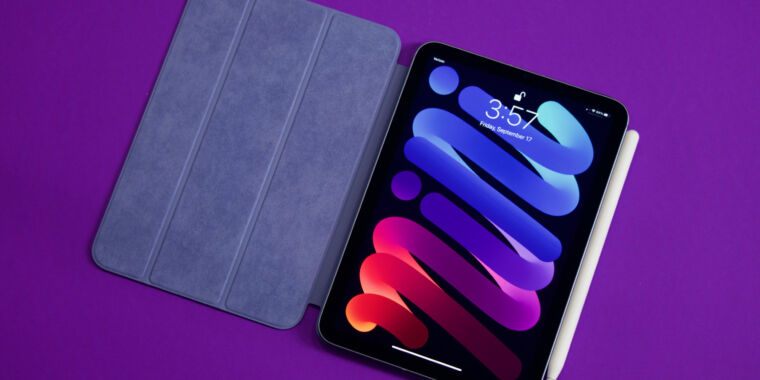EU Expands DMA Regulations to Include iPadOS
Starting in March with the rollout of iOS 17.4, iPhones within the European Union have become subject to the regulatory framework of the EU’s Digital Markets Act (DMA). This series of guidelines has compelled Apple to enable support for alternative app marketplaces, app sideloading, and utilization of third-party browser engines on iOS devices for the very first time. Recently, EU regulators have declared that Apple’s iPadOS will be classified as a “gatekeeper” to align with the regulations associated with the iPhone.
Background
Back in September 2023, the EU initiated an inquiry to determine whether iPadOS could be classified as a gatekeeper. This decision came on the heels of the EU’s previous stance categorizing iOS, the Safari browser, and the App Store collectively as gatekeepers. EU’s official blog post outlines the requirement for Apple to ensure that iPadOS complies fully with the DMA guidelines within the upcoming six months.
Technically, Apple created a distinction between the operating systems of the iPhone and the iPad in 2019 by introducing the term “iPadOS” as the tablet’s platform in place of iOS. However, from a practical standpoint, these operating systems share numerous similarities under the surface. Both iOS and iPadOS receive the same software build numbers, are regularly updated in a synchronized manner, and crucially, rely on software from the same locked-down App Store with consistent Apple-imposed restrictions in place.
Implications
Apps that are distributed through alternative app outlets or third-party platforms must adhere to several of Apple’s regulations and are generally limited to using Apple’s public APIs. Nevertheless, the potential to access alternative app marketplaces and browser engines on the extensive screen of the iPad, coupled with the desktop-grade M-series chips, could enhance the capabilities of these tablets as substitutes for laptops. Users may have the ability to perform tasks on their iPads that were previously exclusive to Mac users.
While Apple has implemented various modifications to iOS in the EU to comply with the DMA, EU authorities are presently scrutinizing Apple, in addition to Google and Meta, for potential “non-compliance” issues. Pending the outcome of this inquiry, the EU may demand further alterations from Apple in terms of facilitating the installation of third-party apps on iOS and allowing third-party developers to promote non-Apple app store and payment alternatives. Any adjustments that Apple makes to iOS to adhere to the directives stemming from this investigation are expected to extend to the iPad as well.
It is worth noting that these developments do not directly impact iPhone or iPad users in the United States, as their devices are still restricted to Apple’s app stores and the WebKit browsing engine. Nonetheless, certain alterations to the App Store policies have materialized recently, ostensibly influenced by Apple’s efforts to comply with the DMA. Notably, there have been policy revisions that have permitted the inclusion of certain retro game console emulators in the App Store, marking a significant departure from the past practices.
Image/Photo credit: source url





